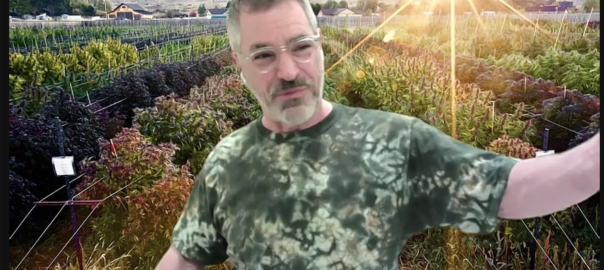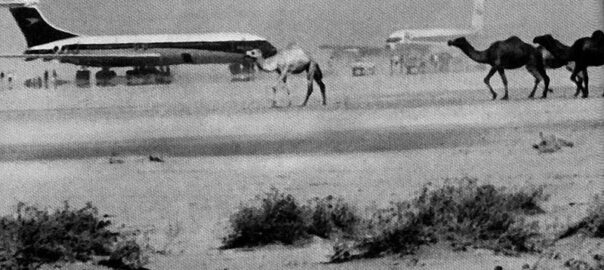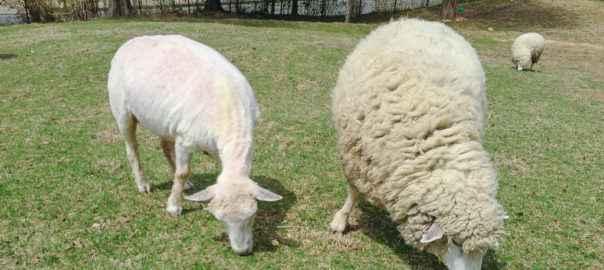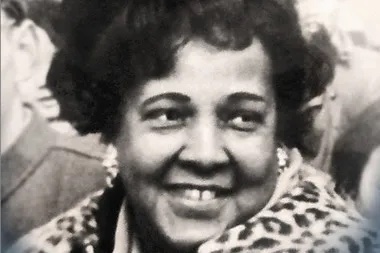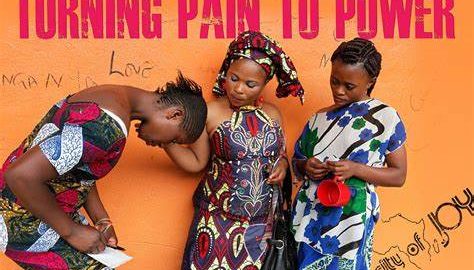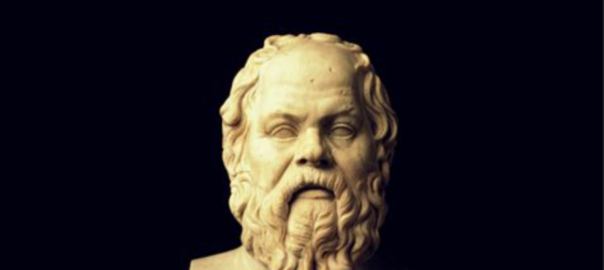Podcast: Play in new window | Download
Subscribe: Apple Podcasts | RSS
We talk with David Goodman about his book, An American Cannabis Story. Illustrated with stunning photos, it’s about a pioneering cannabis farm in Washington State.
Then we replay our 2021 interview with neuroscientist Carl Hart about his book, Drug Use For Grownups: Chasing Liberty In The Land of Fear.
Writers Voice— in depth conversation with writers of all genres, on the air since 2004.
Find us on Facebook at Writers Voice with Francesca Rheannon, on Instagram and Threads @WritersVoicePodcast or find us on X/Twitter @WritersVoice.
Read transcripts and subscribe at the Writer’s Voice Substack
Key Words: cannabis, David Goodman, regenerative agriculture, drugs, Carl Hart, podcast, book recommendations, author interview, book podcast, book show, book excerpt, nonfiction, photography, Puffin Farm Continue reading

